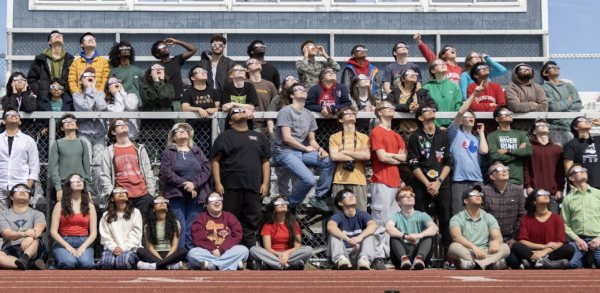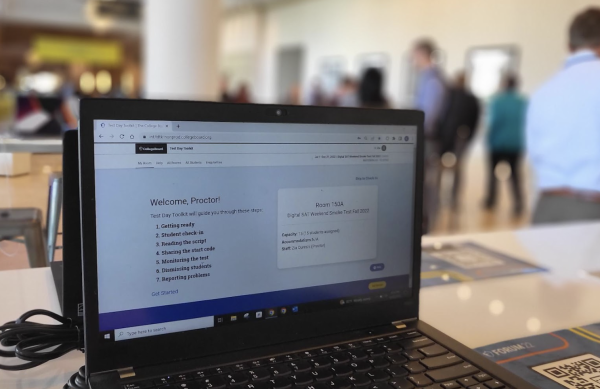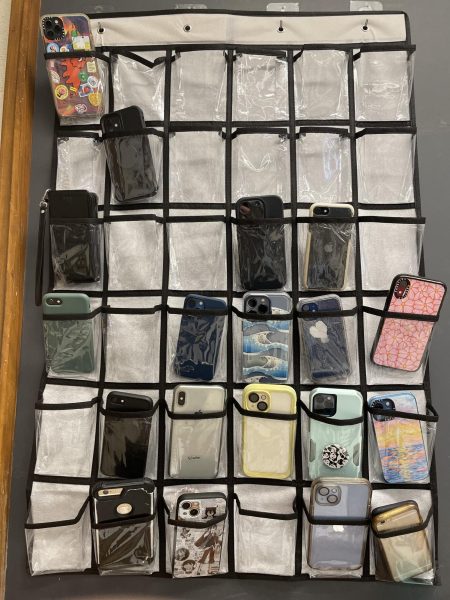The Pandemic’s Lasting Effects on Students
March 30, 2023
It is no secret that the COVID-19 pandemic has affected people across generations mentally and socially. In fact, the Associated Press reported a recent increase in disruptive student behavior notably as schools return to in-person. Students at Lexington High School are not exceptions to this trend.
“There’s a little bit more physical interactions, like people kind of shoving and things like that,” Caroline Fantasia, a freshman English teacher, said. “It’s not necessarily done with ill intent, in a lot of ways, but just a little bit less awareness of how we control our bodies in a school environment.”
Fantasia said the quality of student work had not changed significantly compared to previous years. However, there have been more conflicts between students.
“This year for the very first time, I had to intervene between two kids who might have been escalating towards a fight,” Fantasia said. “But I will say that I felt like the incident was handled well by everyone involved.”
The consensus of this erratic behavior is that it is due to prolonged isolation during the pandemic.
“I think because people were out of the classrooms, and missed so much time learning within the building, that it sort of affected growth and maturity,” Fantasia said.
In addition to these behavioral shortcomings, online learning through Zoom affected students’ focus abilities.
“I absolutely see it in the classroom with students struggling to stay in their seats for the entire time, talking over each other, talking over the teacher, having difficulty settling down to start work, and then also maintaining focus for the full hour.” Fantasia said.
Fantasia believes that having a sense of maturity leads to proper high school behavior, and that middle school acts as a transitional period.
Because this year’s freshmen largely lack an in-person middle school experience, this transitional period may not have prepared students for the high school atmosphere. This situation has led to a new set of objectives for Fantasia.
“It’s kind of like ‘Okay, what can we do to help these students adjust to this type of structure?’” Fantasia said. “[The answer is in reinforcing the] expectation that ‘Okay, when I’m in class I have to be focused.’”
Now that students have been in school for more than five months, practice and adjustment to being in the classroom have resulted in improvement.
“I’m beginning to see the positive impacts of routine in the classroom. For example, although I still have to remind students to put their ‘lids down’ when I’m presenting, students are quicker to comply and understand the purpose behind my request, which is to limit distractions that may impact their listening skills,” Fantasia said.



